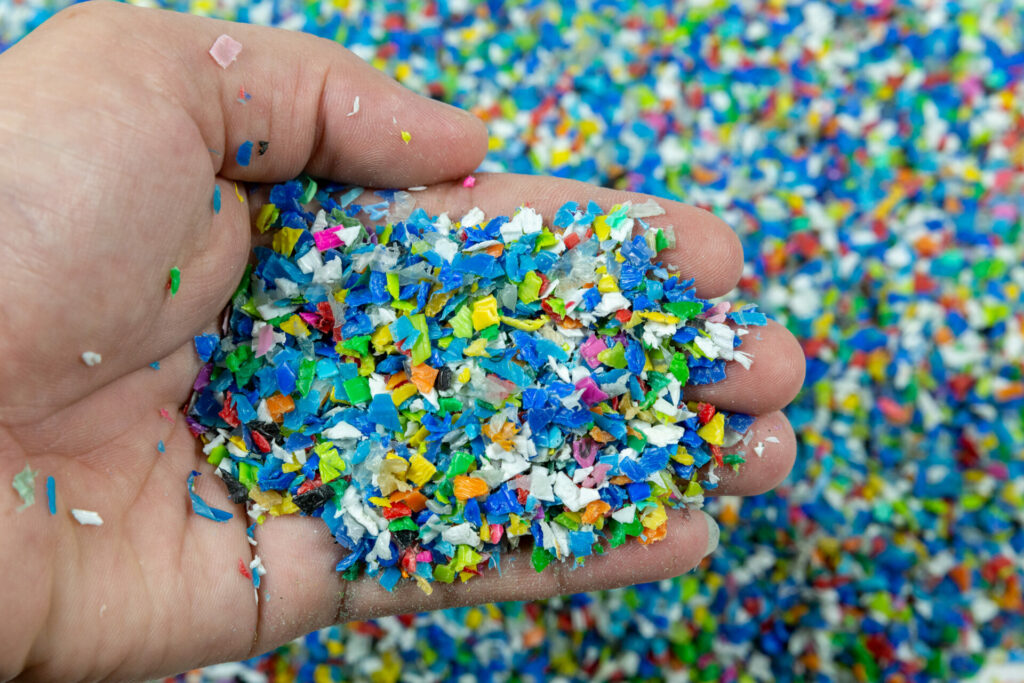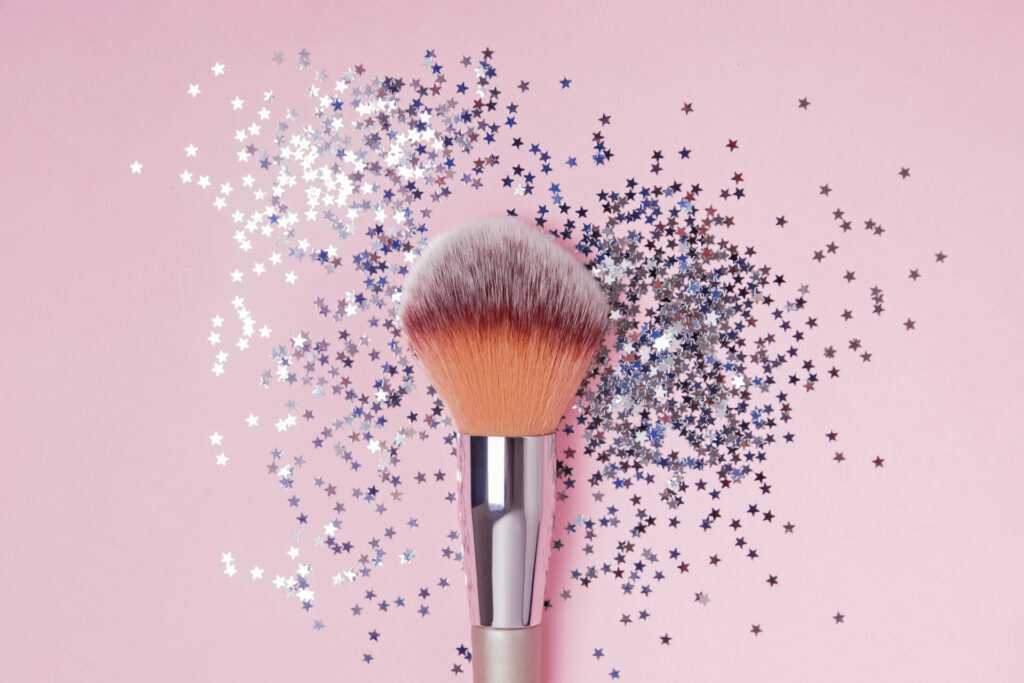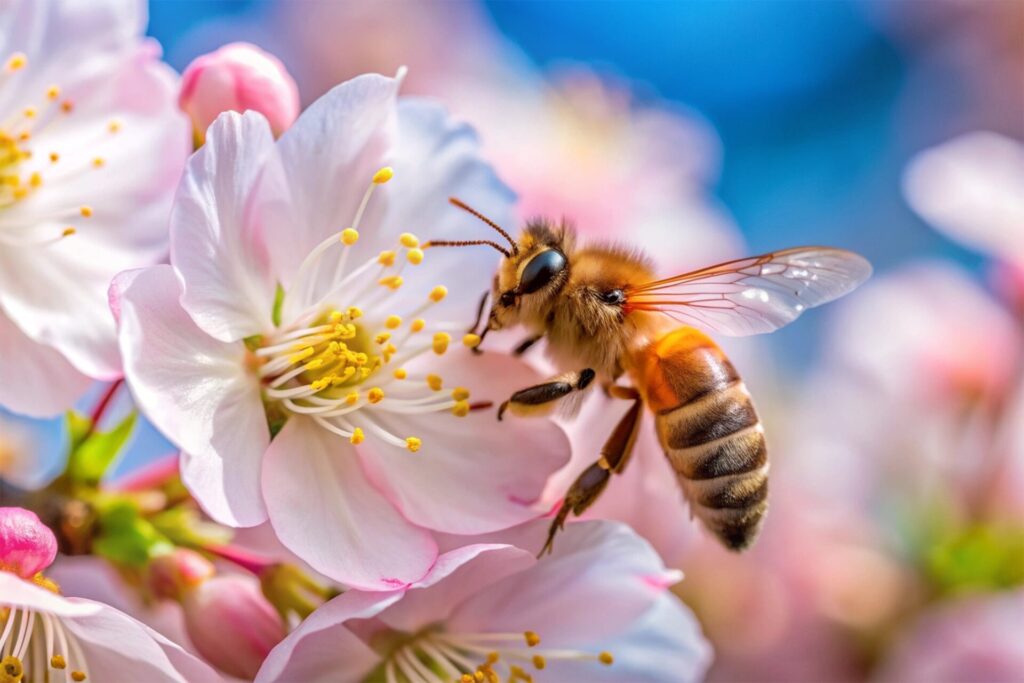The European Union is set to increase its campaign against microplastics after its ban on glitter came into force on Sunday.
The proposal, which tackles tiny pellets used in nearly all plastic products, aims to cut microplastic pollution by 74 per cent by the end of the decade.
The minute pellets – also known as nurdles or nibs and below 5mm in size – are melted down and turned into everyday products from chairs to cups.
However they leak into the environment at every stage of the supply chain and break down into microplastics that are eaten and drunk by people and animals.
‘What can be found both in the depths of ocean and at the summit of Mount Everest, mostly invisible to the human eye, yet present in our bloodstream, and will not disappear for thousands of years? Yes, that’s right, microplastics.
Scientists estimate between 52,000 and 184,000 tons of plastic pellets are released into the environment in the EU each year.
Virginijus Sinkevičius, EU Commissioner for the Environment, Oceans and Fisheries said: ‘What can be found both in the depths of ocean and at the summit of Mount Everest, mostly invisible to the human eye, yet present in our bloodstream, and will not disappear for thousands of years? Yes, that’s right, microplastics.
‘Once these small particles of plastic are in our environment, they are almost impossible to clean up. Microplastics are pervasive and we need to stop the pollution at the source.
‘That’s why today’s proposal aims to prevent the spill of plastic pellets in our environment, for the sake of our ecosystems and health, and in support of economic sectors that depend on healthy soils and clean, plastic-free rivers and oceans.
‘What we are looking to do is basically ensure we drastically cut, at the source, pollution of microplastics.’
Cutting Microplastics at Source
The commission wants companies who handle pellets to take precautions that keep them from harming nature and ultimately human health.
Plastic pellets are not small enough to cause much damage to people in their original form but break down into tiny pieces that can ultimately pass into the lungs and bloodstream.
In order of importance, the EU wants them to prevent spills, contain spills that do happen, and clean up after spills that are not contained.
The proposal includes best handling practices for operators and mandatory certifications from an independent third party.

‘There are lighter requirements for small and medium-sized enterprises to reduce the economic burden,’ said Sinkevičius.
The EU stated: ‘Microplastics are persistent, very mobile, and hard to remove from nature. They are found all over the world, even in the most remote locations, and in the human body.
The risks related to high levels of human exposure are a cause of grave concern. Plastic pellets are found in water and soil, including agricultural lands, and harm ecosystems and biodiversity. Pellets are known to be eaten by a range of marine and coastal species, such as sea turtles, seabirds and shellfish, and once ingested, they can cause physical harm or death.’
On Sunday a separate ban on some products that contain microplastics, like glitter and other cosmetics, came into force.

Scientists have warned that the rising tide of microplastics could hurt human health as they pile up in the body.
The plastic pellets are not small enough to cause much damage to people in their original form but break down into tiny pieces that can pass into the lungs and bloodstream.
Eleonore Fröhlich, from the Medical University of Graz, said: ‘Great parts of the respiratory tract are covered with a thin layer of cells and only little mucus, which makes this barrier more permeable and vulnerable than the gastrointestinal tract and the skin.’
The proposal will now be discussed by the European parliament and council.
Global microplastic pollution is set to double by 2040 if no action is taken, according to a report from the nonprofit Pew Charitable Trusts.










